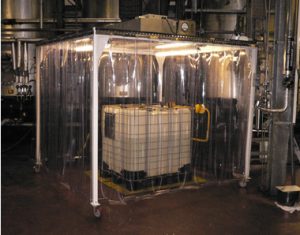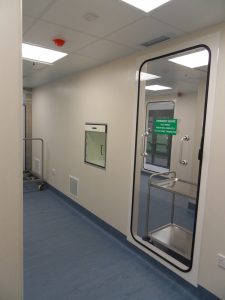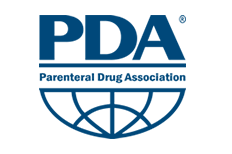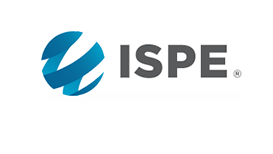SOFTWALL CLEANROOM OR HARDWALL - WHICH IS BETTER ?
March 21, 2017 Cleanroom Supplies Blogger
Hardwall or Softwall Cleanroom ?
You have two clear options when it comes to building a cleanroom: a hardwall or a softwall cleanroom structure. Before you choose, there are a few things that will help you to determine which type of cleanroom is best for you and your purposes. The main difference is that a hardwall is a permanent structure and a softwall is temporary.
Softwall:
Softwall cleanrooms are generally meant for temporary arrangements, such as short-term research projects. Softwalls are more economical here because the installation process takes less time than it does for a hardwall cleanroom. The installation is faster because there are no underground preparations and the cheaper, soft materials are used for walls and other

Softwall cleanrooms might be the right method for you because they are economical, versatile, portable, expandable and easy to assemble.
The integrity of the softwall cleanroom is questionable due to their construction. The walls of a soft cleanroom are easily built up and taken down and therefore room pressurisation, changing areas and operator traffic are harder to control and regulate. Softwall cleanrooms are usually recommended for instances where processes are not as critical and therefore they are not suitable for pharmaceutical applications regulated by the MHRA.
Hardwall:

Hardwalls are built with permanent infrastructure, services and fabric – making the controlled area permanent. A permanent cleanroom gives you more space and is designed with future expansion in mind. If you choose to build a larger cleanroom, you’ll need to have the proper equipment, gowning area and cleanroom garments.
Hardwall cleanrooms can guarantee cleanliness more than a cleanroom can. With a permanent structure, you don’t run the risk of leaking contaminants as you do a temporary one.
When deciding upon which cleanroom will best fit your needs, take a deeper look into the difference between the two. Determining which cleanroom is best will depend on the nature of your project, business or activities.
Dwyer Magnahelic pressure gauges are the recognized industry standard for accurate and calibrated differential pressure measurement of cleanrooms, whether softwall or permanent. There are other alternatives avaiable. Magnahelic gauges are also used for HEPA filter differential pressure measurement.
Our particle counter is ideal for on the spot regular checks and environmental monitoring within your cleanroom. It is well designed, user-friendly and easy to configure. The counter complies with ISO 14644 2015 requirements. The hand-held particle counter allows you to monitor the dust particles within a cleanroom environment.












